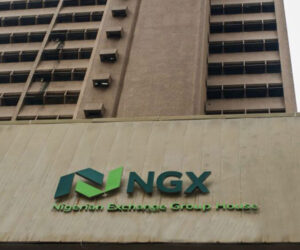China’s electric vehicle (EV) industry is betting on global expansion, fueled by massive outbound investment and an aggressive strategy to build its supply chain and manufacturing capacity abroad.
This international drive is reshaping the global automotive landscape, as even homegrown giants face fierce competition and cash burn in their domestic market.
Despite geopolitical headwinds and new tariffs in key markets like the EU, Chinese foreign direct investment (FDI) in the EV and related clean energy sectors remains robust. China is leveraging this capital to secure critical mineral supply chains and establish manufacturing hubs closer to end-users.
The raw inputs for the clean energy value chain hit a new high, which includes a $5.9 billion joint venture led by Chinese producers for an integrated refining and chemical complex in Indonesia.
Chinese battery and EV makers are rapidly building overseas factories. Major projects breaking ground include CATL’s $1.5 billion EV battery complex in Indonesia, Gotion’s $1.2 billion battery plant in Slovakia, and BYD’s $1.0 billion EV assembly plant in Brazil.
Read also: Stanbic IBTC, LOXEA BYD partner to boost electric vehicle adoption in Nigeria
Southeast Asia, in particular, has become a top destination for Chinese capital, capturing 75 percent of new investment in the Asian region during Q3 2025.
The aggressive expansion is partly a response to the hyper-competitive and saturated domestic market. While China’s EV sales continue to dominate globally, accounting for nearly two-thirds of the world’s total sales, the price war at home is forcing manufacturers to seek new revenue streams.
BYD, the current global sales leader, is an example of this pressure. Despite its success, the company recorded an estimated $10 billion in cash outflows in the first nine months of 2025 as it funds massive R&D, manufacturing, and international ventures.
XPeng announced a significant acceleration of its global footprint in October 2025, entering seven new markets across Europe, Asia, and Africa, including Morocco, Tunisia, and Qatar.
Chinese OEMs, unable to fully rely on shipping due to tariffs and logistics costs, are investing in localised production and even their own shipping capacity, such as BYD’s commissioning of the world’s largest roll-on/roll-off (Ro-Ro) vessel for car transport.









